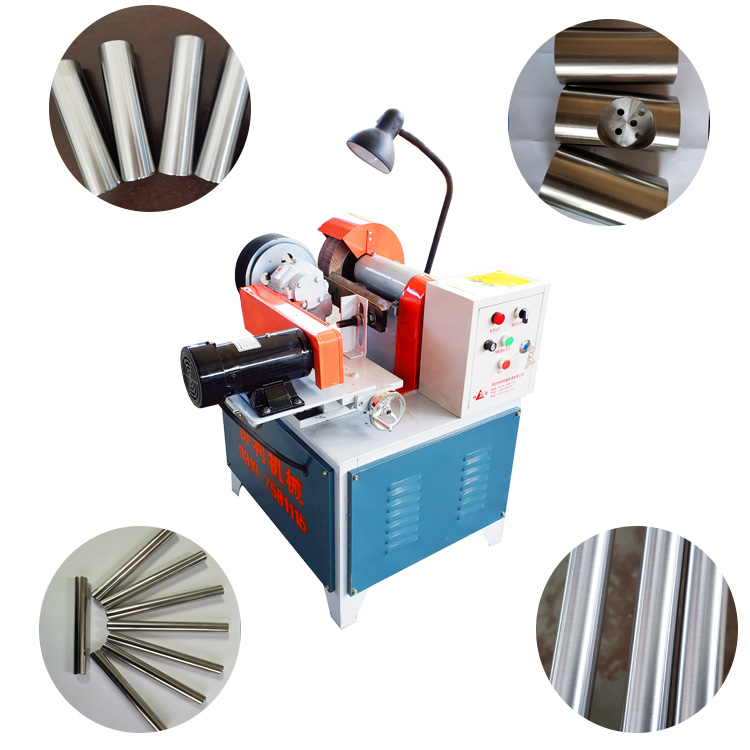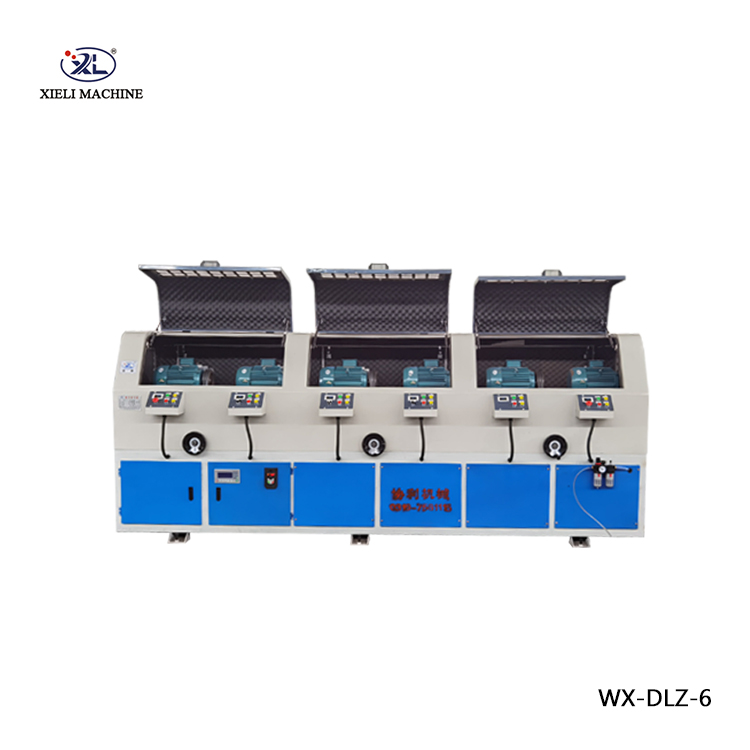For More Details Pls Contact Us
Fiberglass Reinforced Plastic (FRP), also known as fiber-reinforced plastic, is a composite material widely used across various industries.
Select The Product You Need

Auto Stainless Steel Round Tube Polishing Machine

Stainless Steel Round Pipe Tube Polisher Machine
Follow Our Blog